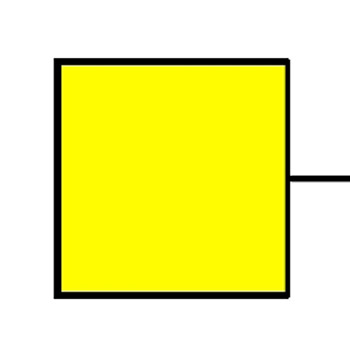The Methodological Unboundedness of Limited Discovery Processes
DOI:
https://doi.org/10.7577/formakademisk.755Keywords:
conceptual design, discovery processes, design strategy, open systems methodology, parametric design, non-parametric designAbstract
Though designers must understand systems, designers work differently than scientists in studying systems. Design engagements do not discover whole systems, but take calculated risks between discovery and intervention. For this reason, design practices must cope with open systems, and unpacking the tacit guidelines behind these practices is instructive to systems methodology. This paper shows that design practice yields a methodology which applies across forms of design. Design practice teaches us to generate ideas and gather data longer, but stop when the return on design has diminished past its cost. Fortunately, we can reason about the unknown by understanding the character of the unbounded. We suppose that there might as well be an infinite number of factors, but we can reason about their concentration without knowing all of them. We demonstrate this concept on stakeholder systems, showing how design discovery informs systems methodology. Using this result, we can apply the methods of parametric design when the parameters are not yet known by establishing the concentration of every kind of factor, entailing a discovery rate of diminishing returns over discovery activities, allowing the analysis of discovery-based trade-offs. Here, we extend a framework for providing metrics to parametric design, allowing it to express the importance of discovery.

Downloads
Published
How to Cite
Issue
Section
License
Authors who publish with this journal agree to the following terms:
- Authors retain copyright and grant the journal right of first publication with the work simultaneously licensed under a Creative Commons Attribution 4.0 License that allows others to share the work with an acknowledgement of the work's authorship and initial publication in this journal.
- Authors are able to enter into separate, additional contractual arrangements for the non-exclusive distribution of the journal's published version of the work (e.g., post it to an institutional repository or publish it in a book), with an acknowledgement of its initial publication in this journal.
- Authors are permitted and encouraged to post their work online (e.g., in institutional repositories or on their website) prior to and during the submission process, as it can lead to productive exchanges, as well as earlier and greater citation of published work (See The Effect of Open Access).
- The author(s) must manage their economic reproduction rights to any third party.
- The journal makes no financial or other compensation for submissions, unless a separate agreement regarding this matter has been made with the author(s).
- The journal is obliged to archive the manuscript (including metadata) in its originally published digital form for at least a suitable amount of time in which the manuscript can be accessed via a long-term archive for digital material, such as in the Norwegian universities’ institutional archives within the framework of the NORA partnership.
The material will be published OpenAccess with a Creative Commons 4.0 License which allows anyone to read, share and adapt the content, even commercially under the licence terms:
This work needs to be appropriately attributed/credited, a link must be provided to the CC-BY 4.0 licence, and changes made need to be indicated in a reasonable manner, but not in any way that suggests that the licensor endorses you or your use.



